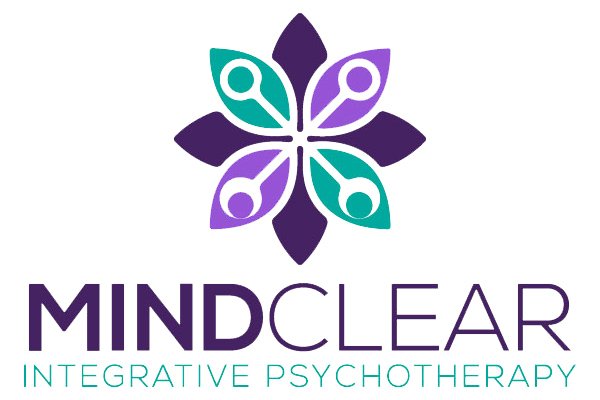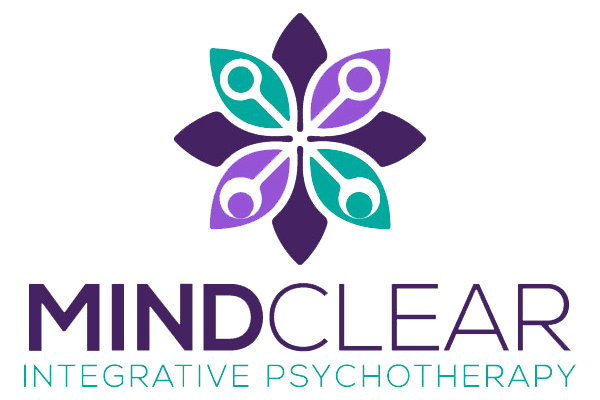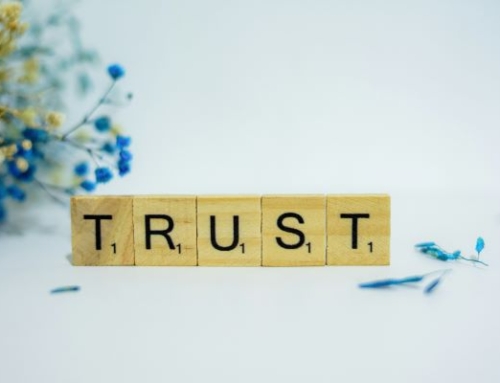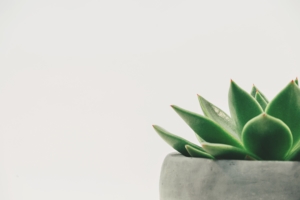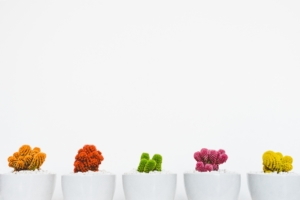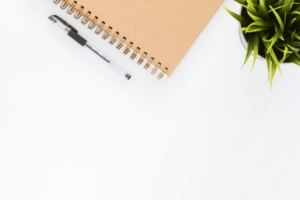When You Are Stuck in Guilt
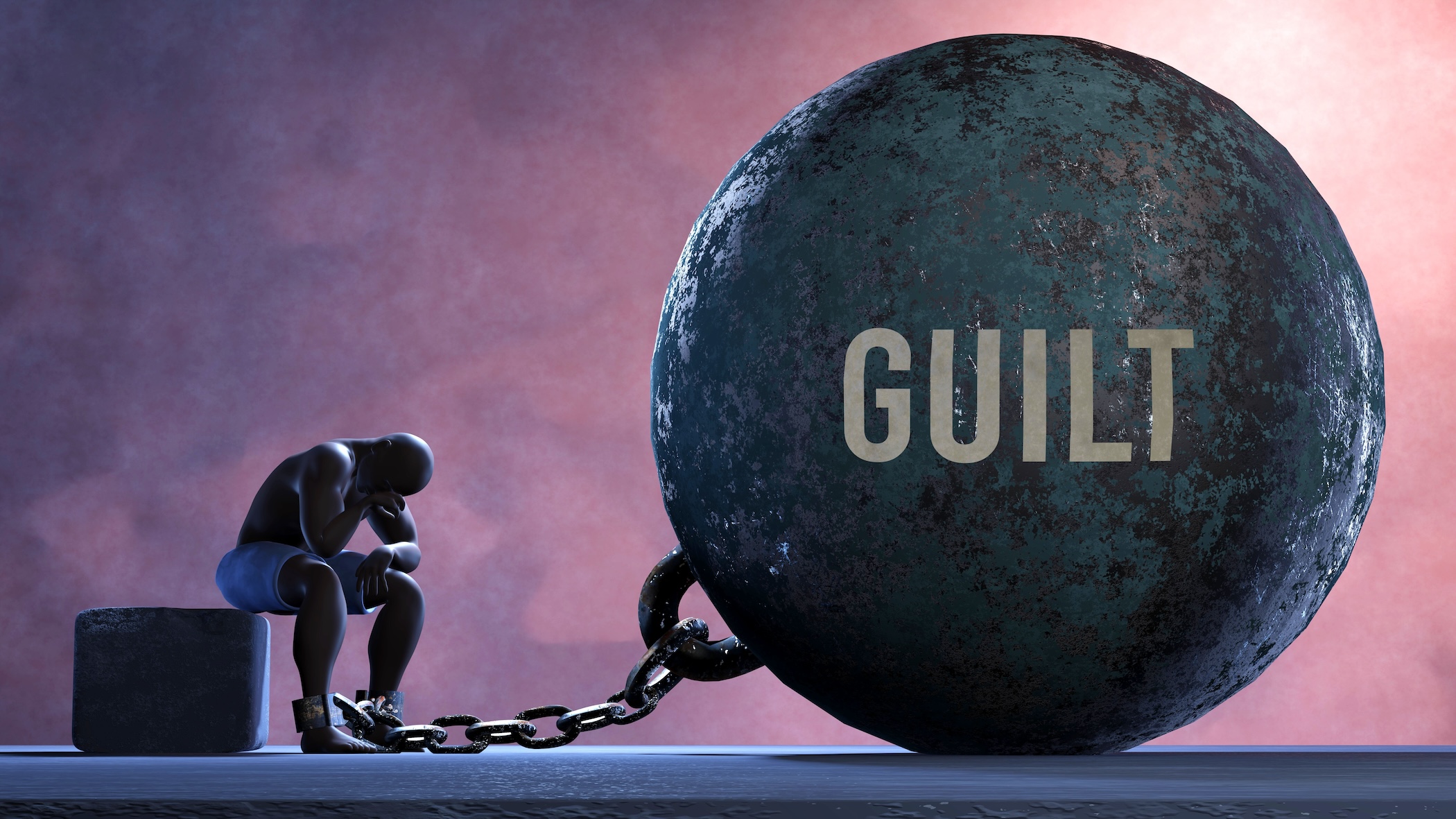
Feeling guilty is something that everyone can relate to. It is a normal emotion that helps promote prosocial behaviors. However, sometimes you get stuck.
A person can experience chronic guilt for any number of reasons; whether it’s about something you did or said, or perhaps something you didn’t do or say and in retrospect you feel you should have. Maybe instead you feel guilty for not following the rules, being dishonest, being mean, not speaking out when you should have…the list goes on and on.
Although people tend to categorize guilt as a bad thing, that is not necessarily the case. In fact, jumping to label guilt as “bad” cancels out possibilities that can deepen your understanding of yourself. A bit of curiosity and reflection as to why you feel guilty might produce some interesting ideas, deepen your self-awareness, and teach you to consider things that fall outside of your normal and automatic thought patterns, eventually leading to insight and change.
Understanding Guilt
Sometimes you make poor choices or mistakes which negatively affects others. As a result, you start to feel bad. You reflect back on what happened and realize you did your best but that’s not reassuring, and you still feel bad. At this point it’s worth really trying to understand what’s causing this guilt to persist rather than dismiss it. The answer may not come easily but you will benefit from figuring it out, especially if it’s a state you find yourself in frequently.
Sometimes guilt might simply be telling you that you feel bad because you chose to do something hurtful toward another. In this case guilt might show up to remind you that you should be more considerate next time and that’s okay. Accepting that you made a mistake or a bad decision does not make you a bad person.
If you’ve done something that negatively affects someone else, feeling guilty can lead you to make amends or simply apologize. In a healthy relationship, this will help repair the harm and bring you back in connection with the other person(s).
When you get stuck in a non-stop cycle of guilt, however, something more is going on. Something in the present might have triggered the feeling, justified or not, but a deeper issue is pulling you down into a guilty black hole. This is where a little digging and exploration is necessary.
Guilt as a Screen Emotion
In the world of self-help and building your toolbox of wellness life hacks, a common approach to dealing with guilt is to work on developing ways to shrink the feeling. You might think it wise to train yourself out of it with positive affirmations, posting reminders telling you that you’re better than that, or by choosing love.
To be clear, there’s nothing wrong with those ideas per se but they rarely work. The reason being that they don’t address the underlying cause that feeds and sustains the guilt that you’re stuck in. It’s a great example of treating the symptom, not the problem.
Perhaps you experience excessive or chronic guilt as a way of avoiding more difficult feelings or truths; not consciously, of course, but as a way of functioning that feels outside of your control. While that might sound strange, it’s quite common.
I like to think of guilt as a signifier. It’s trying to tell you something, like you need to make amends. Or perhaps it’s trying to protect you from a worse feeling – it is essentially a smoke screen, hiding the real feelings underlying it. You ask, what could feel worse than chronic guilt about something from the past that I can’t do anything about now? Two possible answers to that are anger or shame.
For example, what if you made a choice that you regret because the outcome unexpectedly led to harm? You could potentially spend the rest of your life stuck in guilt, trying to avoid or shrink it. Maybe over time some of the guilt does fade, but it never really goes away.
Now consider the idea that this guilt is protecting you from the full emotional experience of what happened. The empathy for those that were hurt, the shame and sense that you’ve done something bad, and the helplessness to do anything to change it. Emotions are complicated and confusing, and sometimes downright scary. It might feel bad to live inside of guilt but perhaps your unconscious has decided it’s better than confronting the entirety of what you deep down feel about the situation.
Avoiding those feelings makes some sense, but it also keeps you stuck. By confronting the experience, you can challenge your sense of badness. You can learn to forgive yourself. You can re-connect with others through your empathy and learn to accept what you can’t control.
A more common experience is when guilt stands in for anger. You might believe, based on real experiences and/or internalized values, that if you get angry with a loved one, like a parent or spouse, that they will leave you or that your love no longer counts. Guilt prevents you from the pain of that imagined reality and from acting on feelings of anger.
The mistake here is in believing that you have to choose one or the other. It is entirely possible to be angry with someone you love, and to work through that anger. But this might be something that you need some time to learn because you’ve never done that before in a way that felt safe.
Chronic Guilt as a Learned Behavior
Guilt can also be learned; perhaps through a parent who guilt tripped you when you were growing up, or a religious belief that uses guilt as a prompt for eventual absolution. In these instances, guilt is used as a form of control.
It becomes an essential and familiar mechanism of functioning that you rely on in your relationships. Feeling guilty becomes automatic in most situations and shapes your identity.
Ignoring or normalizing this kind of chronic guilt will only lead to suffering. By really trying to understand the guilty cycles you get stuck in, you can start to un-learn these harmful lessons. Overtime, you can begin to create a new narrative that doesn’t leave you constantly feeling bad about yourself. Because, you do deserve that and that is choosing love.
Getting stuck in guilt can prevent you from learning about yourself, and keep you from healing from painful life experiences. No one should have to feel that way. Through some self-reflection, meditation, maybe even therapy, you can begin to peel away the layers and find understanding and growth.
Hopefully you never stop learning, growing and healing.
